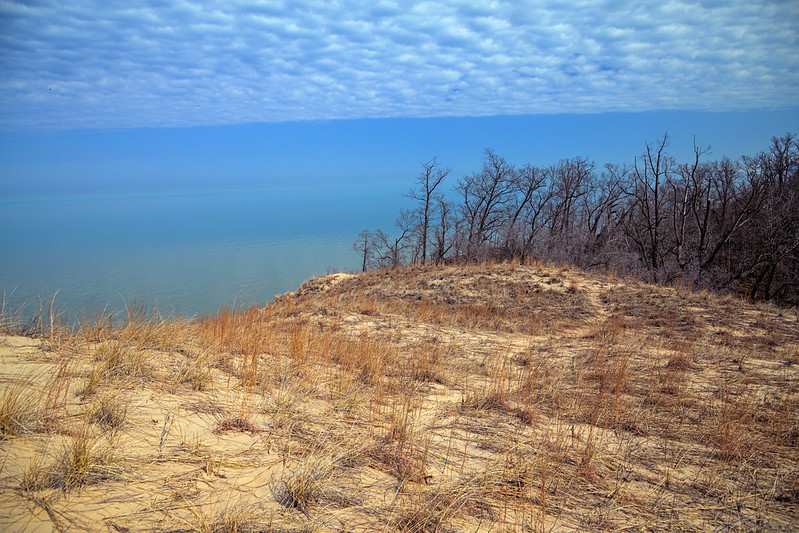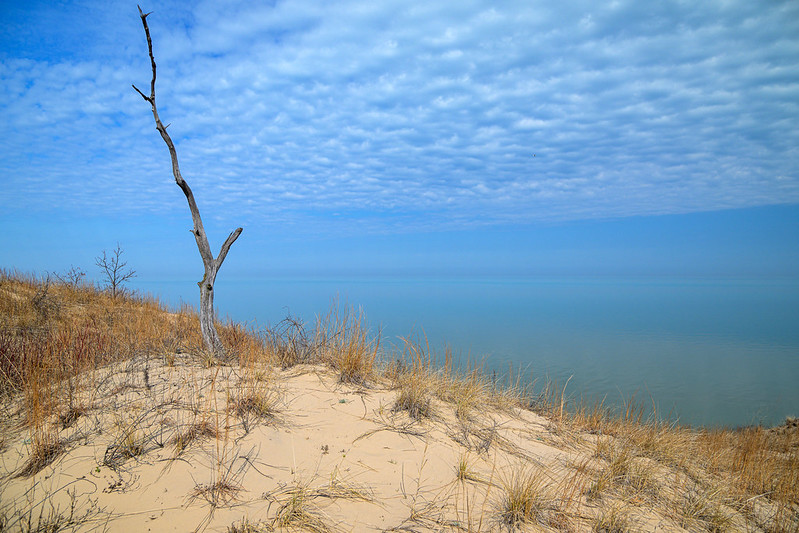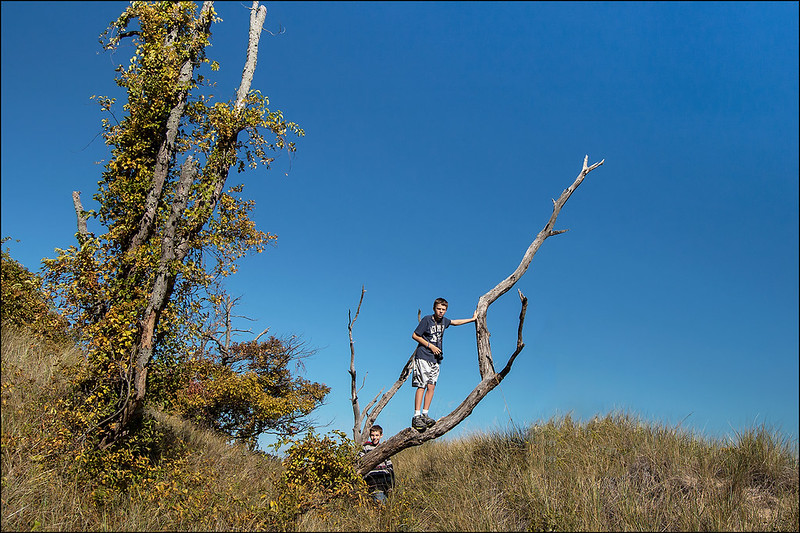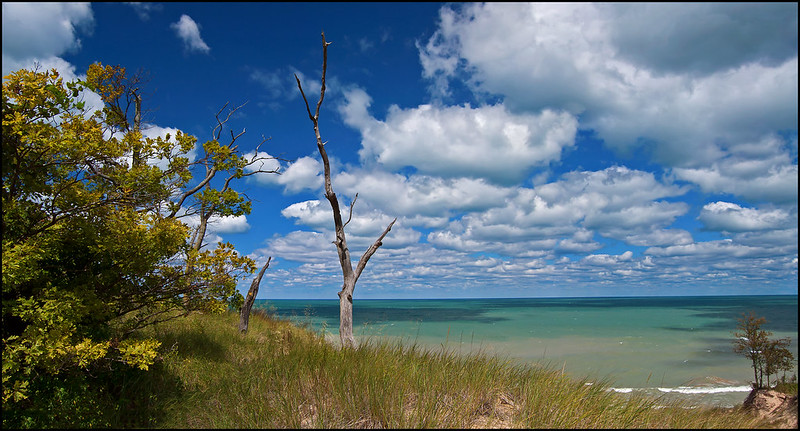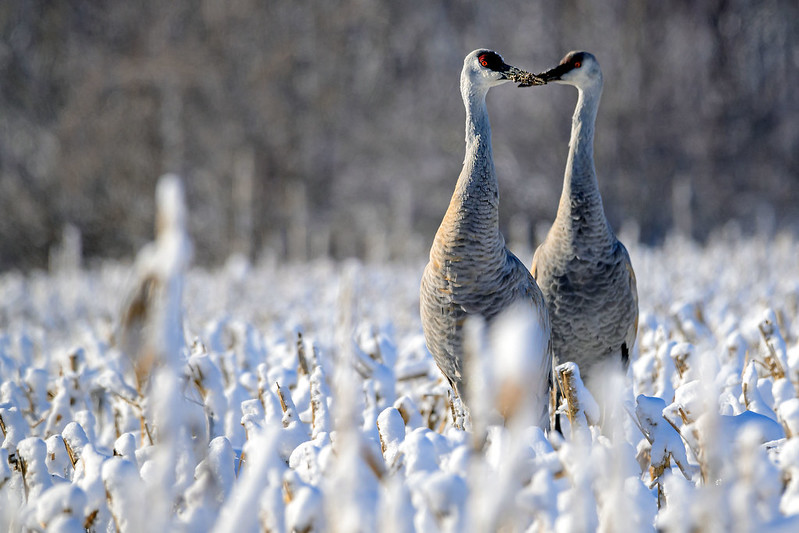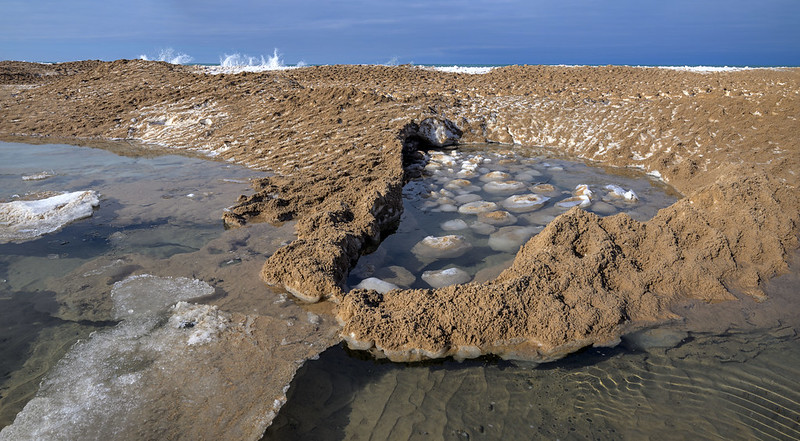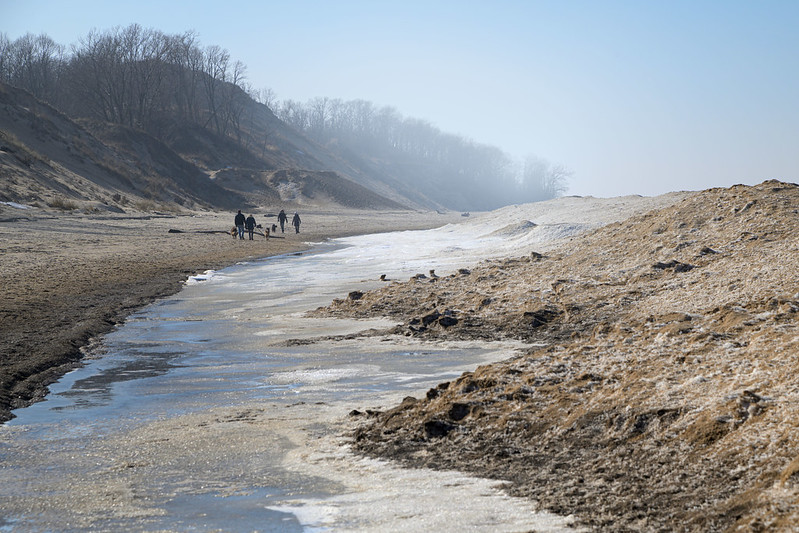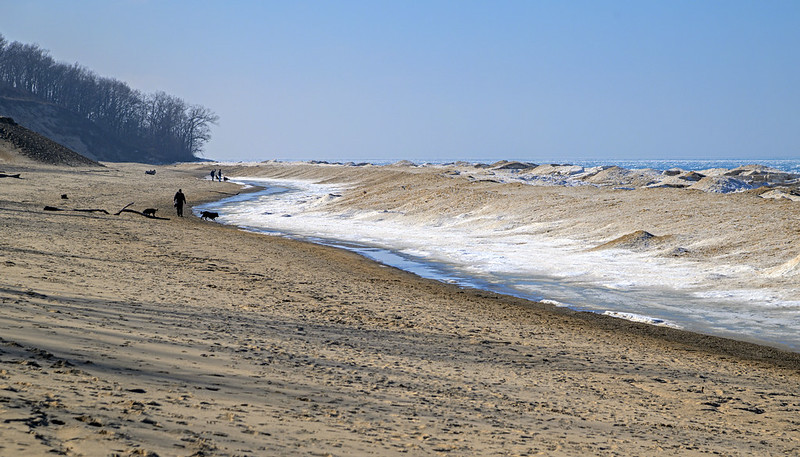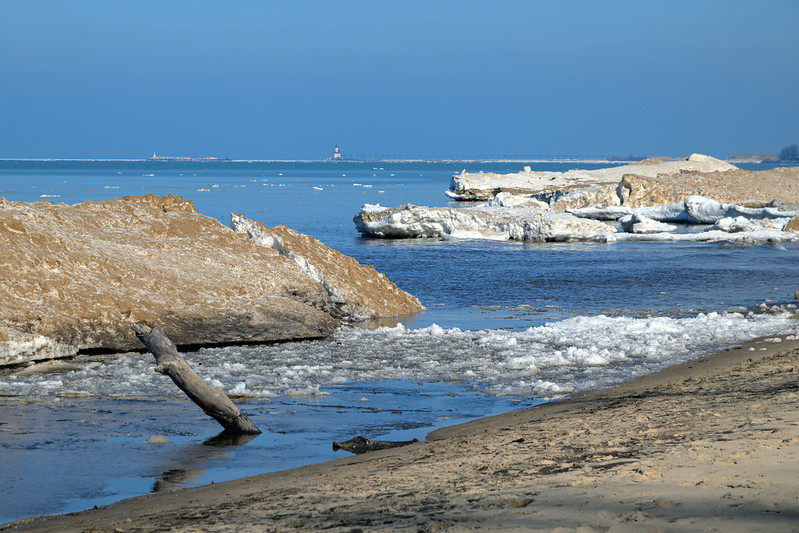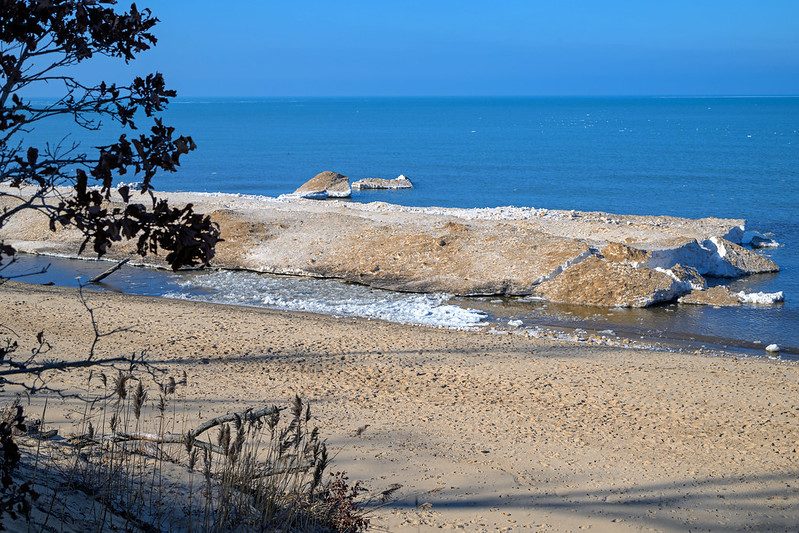
I spent a few days in suburban Indianapolis, Indiana to make certain I would be around to view the total eclipse of 2024. Back in 2017, I was working, and didn't make the trip south for that particular eclipse, and vowed I would not miss this one.
Almost a year ago, I began planning, and several months ago, I put in for vacation to make sure there was nothing keeping me from seeing this event - except perhaps the weather. Hearing how horrible the traffic could be, I decided to head down a few days early, and stay at least another day. I did luck out in the traffic department, while everyone else was sitting in traffic heading northbound on I-65, I was either relaxing in my nephew's yard, or on Tuesday, driving down some farm roads west and north - I suppose these roads weren't GPS detours for traffic because they were almost empty. I-65 was backed up in several places throughout the day, and I'd probably still be sitting in traffic if I took that route.
The weather forecast for two weeks mentioned cloud cover, and even on the morning of the eclipse, there was a 25% cloud cover forecast - while I looked up and saw very few clouds if any. We lucked out and had a relatively clear sky, with some very high, light haze which did mess a bit with the bright tones on the photos, but it didn't destroy them.
I met some family and some friends - old and new - for the event, right in my nephew's large back yard. His BBQ dinner was excellent by the way. We all set up and waited for syzygy - the alignment of earth, the moon, and the sun. All the while taking photos of the different phases of the eclipse using a Baader filter on my 600mm lens (any closer and the corona will be cut off). Even this part of the event was excellent - and I've seen a few partial eclipses, but once the moon covered the sun, the fast darkness took hold and it was spectacular.
I planned on bracketing several exposures during totality, to obtain the best range of exposures of the rays of the sun's corona. I used 10 separate images for the photograph above, all aligned and stacked together to form an average of exposures to create one image showing the extent of the corona.
I planned on bracketing several exposures during totality, to obtain the best range of exposures of the rays of the sun's corona. I used 10 separate images for the photograph above, all aligned and stacked together to form an average of exposures to create one image showing the extent of the corona.
The image shared in the previous post was done from one image, and on an older laptop, so I was not happy with it at all once I saw it on a decent computer monitor. This one seems a bit better - if not, let me know!
Just before totality - at 3:05 and 43 seconds, the diamond ring effect took place. This is when only a small bit of the sun peeks over the moon, creating a relatively small point of light, along with some light from the corona around the moon - this looks a lot like a ring, and the bright spot on top, looks like a diamond. This lasted for 4 seconds until the sun was all but covered completely. There isn't a lot of time to remove the Baader filter and re-adjust the camera, but I managed to get things done in time - a camera capable of taking 120 images a second really helps.
I like this diamond ring image better than yesterday's as well. If you look around the top of the image, you can see lots of solar prominences - huge, bright plasma looping from the sun's surface into the sun's outer atmosphere. These colorful, hydrogen formations are huge, sometimes larger than several earths combined - the largest on record was about to 500,000 miles across.
When is the next eclipse? 2026 in Iceland I think. I'll start making plans now.












